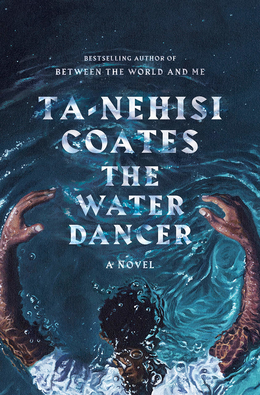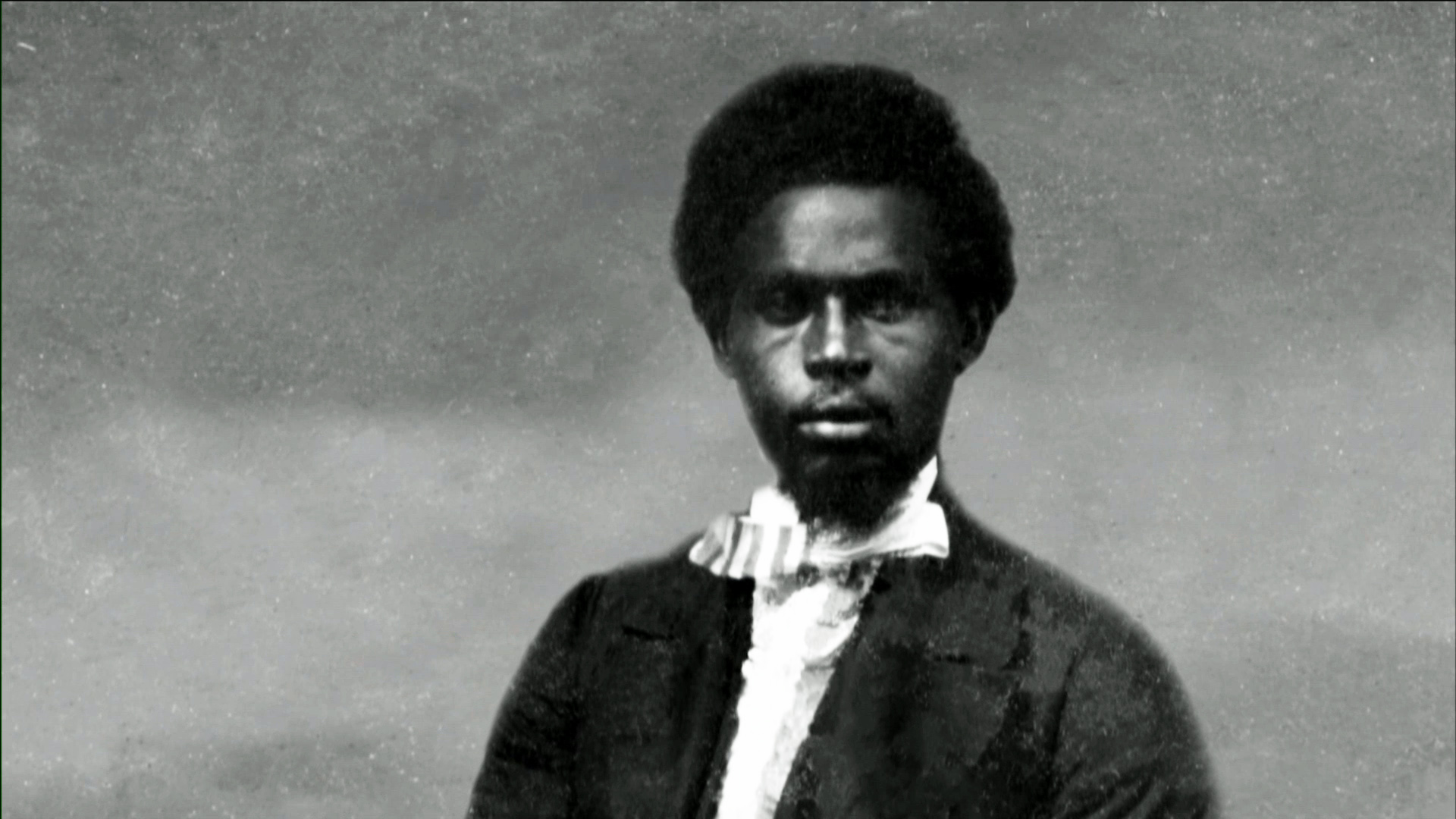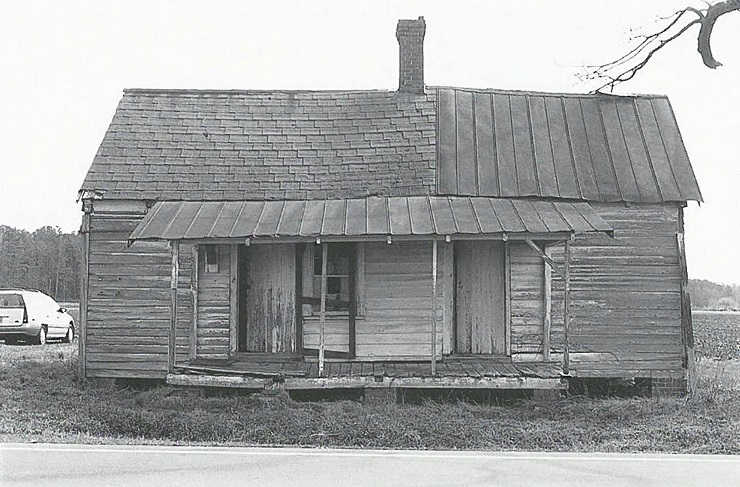 Ta-Nehisi Coates is a fine reporter and analyst of American Black history and life who has published several articles in The Atlantic and written three books on that history. “The Water Dancer” is his first novel and shows that however good a journalist he is, he has no training or much experience in writing fiction.
Ta-Nehisi Coates is a fine reporter and analyst of American Black history and life who has published several articles in The Atlantic and written three books on that history. “The Water Dancer” is his first novel and shows that however good a journalist he is, he has no training or much experience in writing fiction.
Hiram White, slave to a plantation on the Goose River is both the protagonist and narrator, of the book. The story tells the tale of Hiram’s adventure from being a slave, to escaping, to returning to his original plantation as a slave once more.
The story has his escape to Philadelphia and his return as the arc, but the story is weakly told and misses some obvious opportunities to weave the stories of other characters into the arc. As it is, bits and pieces of the others’ stories are thrown into the main story when convenient but miss the opportunity to enrich Hiram’s story.
The best example is Corrine, betrothed to Hiram’s white brother Maynard until he is killed in the very first episode of the story. She and her slaves Hawkins and Amy appear but briefly until Hiram’s escape which comes when he and friend Sophia are assisted, then betrayed, by Georgie Parks. After Parks helps them, he turns them over to Ryland’s police (slave catchers) and then, out of nowhere, Corinne and Hawkins appear and come to his rescue . . . as abolitionists working for the legendary underground railway.
As the book drones on (the writing which starts out fine ultimately is not very good) you realize that Corinne and Hawkins are likely lovers and very important to the abolitionist cause. How they got to that place is never revealed in full and that might be a more interesting story than Hiram’s! Other characters just pop up and, without contributing very much to the story, disappear which adds to the book’s overall lack of character development and story integration.
Then there is the magic of “conduction” a process in the book by which escaping slaves are transported to a safer place. When it first appeared, I thought Hiram was likely epileptic, but later realized that Coates gave himself this fiction to escape from having to describe the dangerous, often murderous road to freedom that so many slaves took prior to (and even after) emancipation.
Besides these and other structural flaws, I found the dialogue confusing and hard to follow. Hiram is portrayed as a genius who has taught himself English, math and other intellectual skills. But like many self-taught English writers and speakers, his grammar (as written in the book) is poor. However, his vocabulary is that of a college student. That does not make much sense and often put this reader off center.
I wished I had liked the book because I like Coates quite a lot and enjoy his thinking. But as I said, it is a first novel . . . might just be his last.
Recent Comments